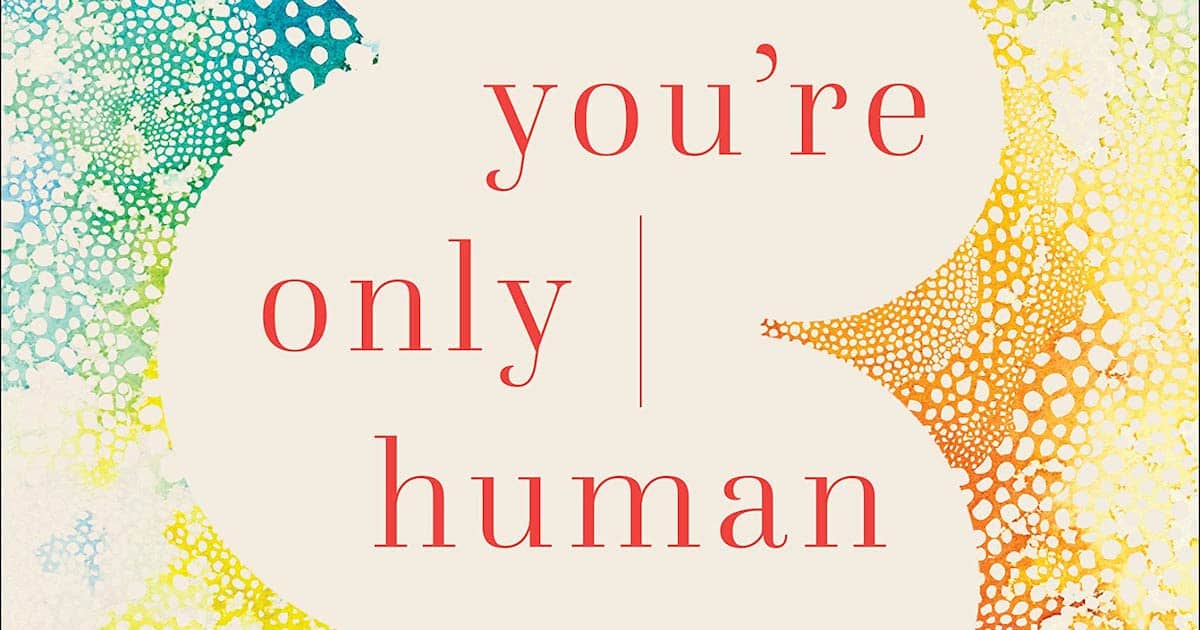You know as well as I do that you are a finite being. Yet you know as well as I do that at times you fight against your finitude, you battle against your inevitable limits and boundaries as if they are a problem to be overcome or even a sin to be repented of. Yet what if your limits are not a bug but a feature of your humanity? What if these limitations are God’s gift and, therefore, good and worthy of embrace? These are the kinds of questions Kelly Kapic wants you to consider through his new book You’re Only Human: How Your Limits Reflect God’s Design and Why That’s Good News.
There are times in life when we all run into the reality of our finitude. Whether it’s through weakness or illness, whether it’s through loss or failure, whether it’s through seeing that others are smarter than we are or that others are more capable than we are, we must all at some point face our limitations. We can’t know it all, we can’t do it all, we can’t be it all. Yet “the odd thing is that, even when we run into our inevitable limits, we often hang on to the delusion that if we just work harder, if we simply squeeze tighter, if we become more efficient, we can eventually regain control.” Peace comes only when we embrace finitude as an unavoidable part of being creatures rather than the Creator. This is how we were designed and there is nothing we can do to change it. There’s nothing we should do to even attempt to change it.
There is something deep in the heart of humanity that prompts us to rebel against our finitude, against the reality that we are dependent creatures who cannot exist for a day, or even a moment, apart from God. The very first sin was a rebellion against limits God had imposed on humanity and in some way that was the prototype for every sin that has followed. But what if we were to see that dependency upon God is a gift, not a deficiency? What if we were to go farther and actually embrace our limits and thank God for them, then live at peace with all the things we cannot do and cannot be?
In this book, Kapic says he wants “us to take time to carefully think about our creatureliness. This will reveal limits, dependence, love, reliance on the grace of God, and worship. We will examine the joy of being a creature and the freedom of resting on the promises of the Creator. We will question harmful and unrealistic ideals and begin to appreciate the messiness of our complex lives.” It is only when we come to see the sheer goodness of our limitedness that we can begin to relate properly as finite creatures before an infinite Creator and “worship him as he made us: dignified, purposeful, vulnerable, finite creatures. We do not apologize for our creaturely needs and dependence on others, for we discover this is how God made us, and it is good.”
Kapic does this by considering what God thinks of us in our limitations and considering the humanity of Jesus Christ. He considers the human body and what it says about our limitations and then considers identity in the context of family, culture, and our particular historical setting. With this groundwork in place, he considers humility, time, the process of change, the local church, and living faithfully as believers in Jesus Christ. By the end he has called his readers to see and believe that we were meant to live within our limitations and to live with dependency upon God. “God made us to be limited creatures, able to freely participate in his work, confident in his presence, and grateful for his promises and provision. Let us appreciate the goodness of our finitude as we rest in the love and provision of our infinitely good God. May it be so.” May it be so, indeed.
Kapic makes it clear in this book that it is a passion project, the culmination of many years of reflecting on the subject of finitude. That passion and depth of reflection is obvious from cover to cover and leads to a book that deep in its theology and profound in its teaching. It is at once comforting and challenging. Sinclair Ferguson summarizes it well when he says, “no hastily prepared, cheap-fix antidote, You’re Only Human is the product of years of reflection and concern, the work of a mature Christian theologian and a fine teacher. It is a love gift to the church.” I, like he, am glad to recommend it.










